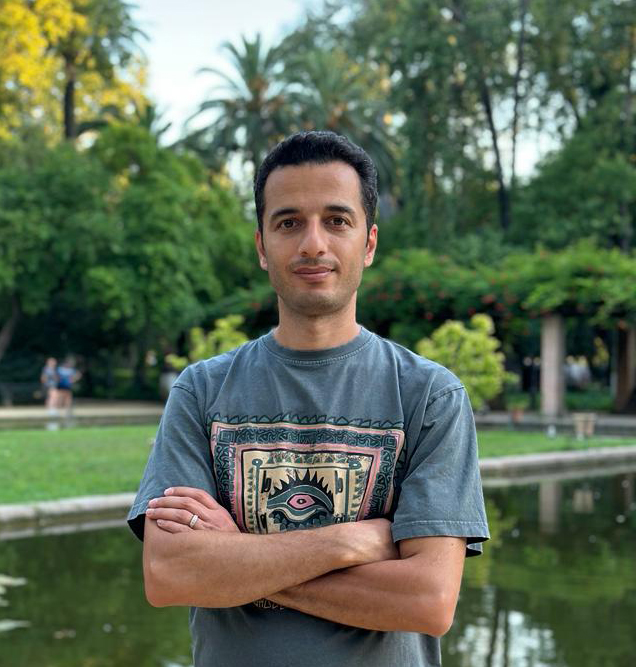The European ecosystem of Large Language Models
Dan Saattrup Nielsen PhD student at Alexandra Instituttet Presentation on the benchmarking of LLMs, with a specific application to the Northern European languages. The challenges of evaluating generative language models, the different ways in which this can be done, and the current status within the Northern European language will be presented. This is followed by […]
The European ecosystem of Large Language Models Read More »









